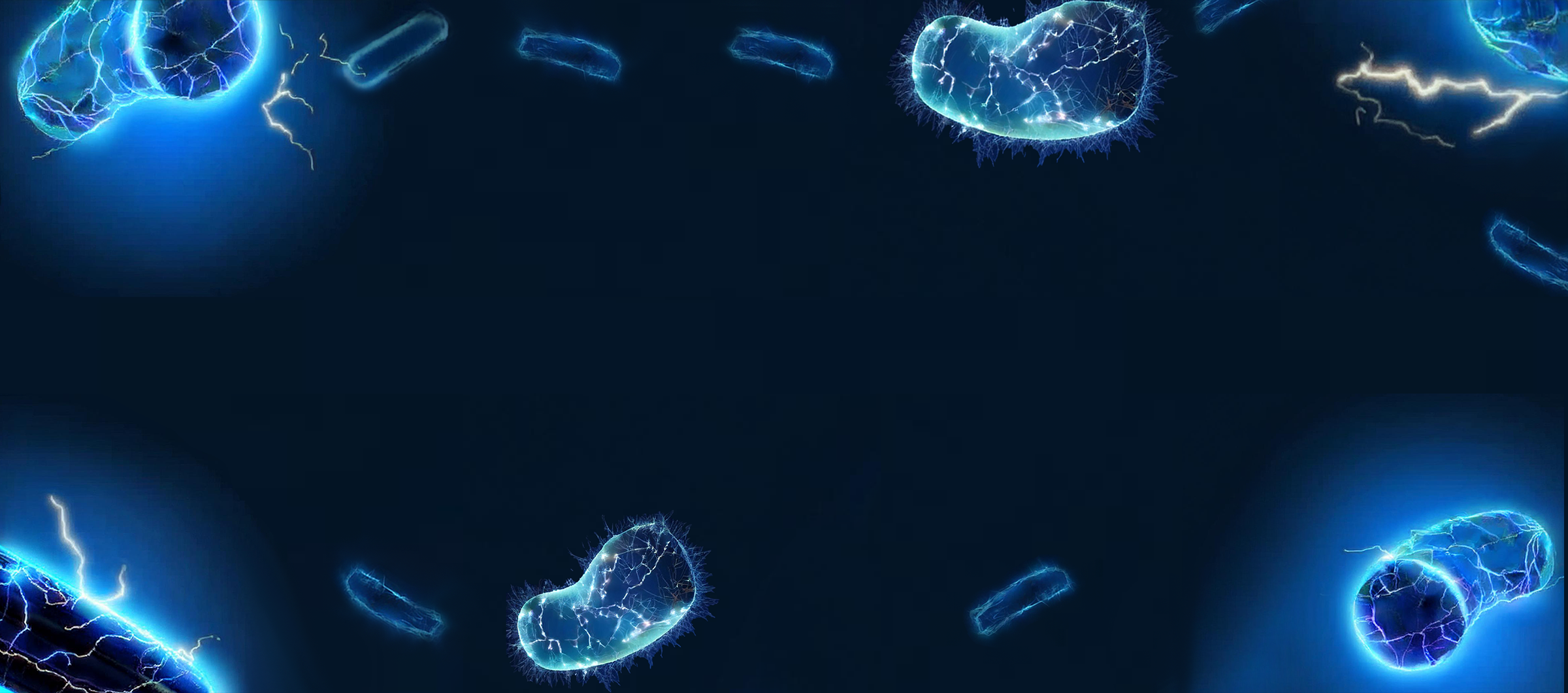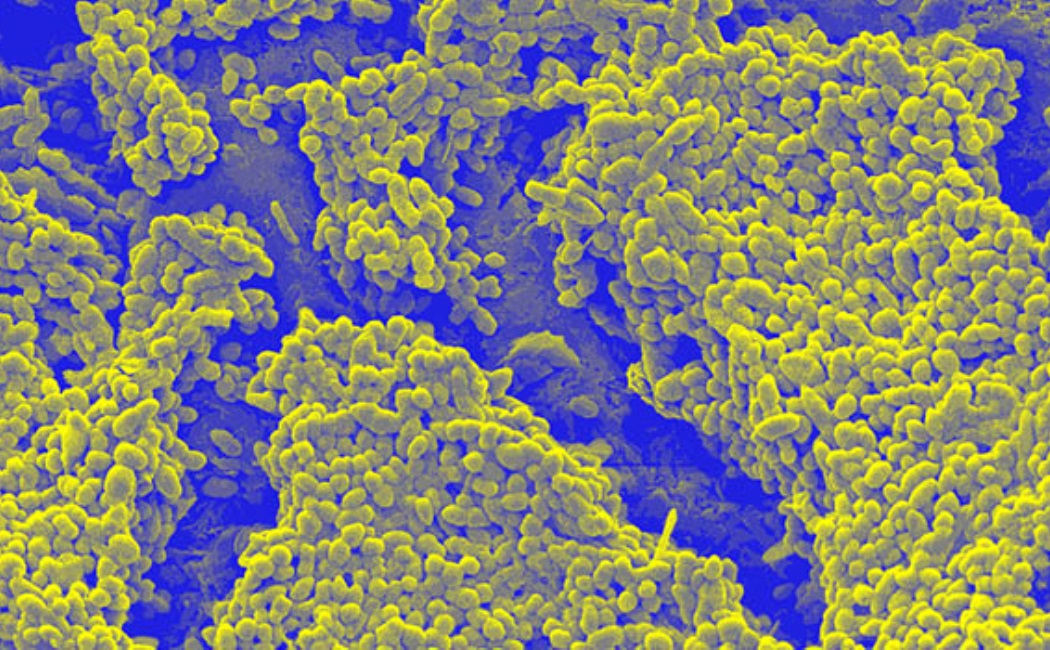Researchers in the lab of Prof Pascal Saikaly have discovered a novel electroactive bacterium, Desulfuromonas acetexigens, that rapidly forms power-producing biofilms on tailored anodes and delivers higher current densities than the long-standing workhorse Geobacter sulfurreducens.
“We consider this a breakthrough discovery in the field,” says research scientist Krishna Katuri.
The microbe reached ~9 A m⁻² within 20 hours, compared with ~5 A m⁻² in 72 hours for the conventional strain, while ignoring hydrogen as a food source—ideal for wastewater reactors that aim to recover hydrogen fuel at the cathode. Pilot-scale trials are now underway to pair the bacterium with solar-powered microbial electrolysis cells for energy-neutral treatment of domestic sewage.

